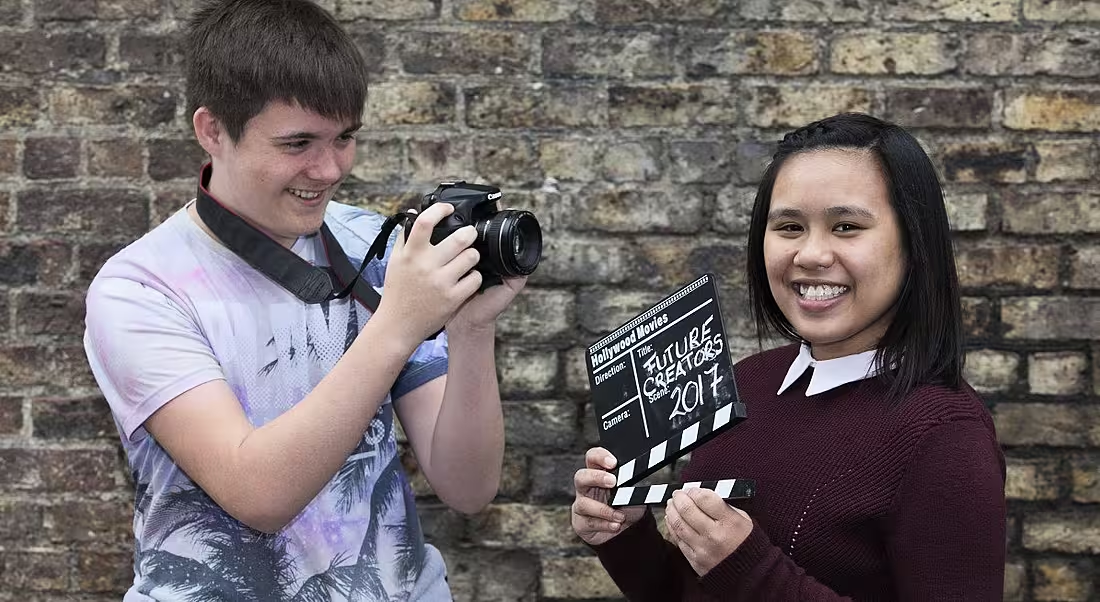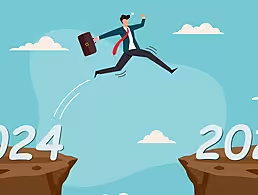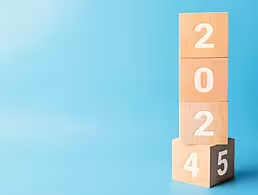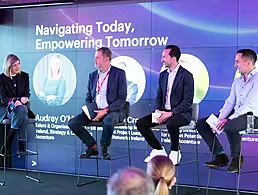Future Creators means ‘future citizens’ equipped with digital skills and the ability to blend STEM thinking with creative outlets.
New graduates of the Future Creators programme celebrated and showcased their newly developed digital skills in the appropriate surrounds of the National College of Art and Design (NCAD) yesterday (22 June).
For the 24 teens, Thursday marked the end of a journey they embarked upon last October, when the sixth Future Creators programme was launched.
Founded by The Digital Hub in 2011, the programme invites students aged 13 to 16 from the Dublin 8 area to participate in an after-school digital skills education programme. Among other things, they learn coding, app development, digital photography, robotics and filmmaking.
“Being a part of the community, we have a responsibility for our citizens and for our young people to encourage digital literacy, to encourage an active engagement with society,” said the CEO of The Digital Hub, Fiach Mac Conghail.
“Technology is a means to become a fuller citizen, and the Future Creators programme is our way of making a commitment … to try and just increase the sense of self-esteem; sense of possibilities for young girls and boys who are living in Dublin 8,” Mac Conghail added.
‘60pc of the jobs that this generation will have, have not yet been created’
– SINÉAD BURKE
And so, Future Creators creates future citizens who will benefit from early development of digital skills that are likely to form the basis of their working lives, especially as these technologies continue to reshape how we work and even create new careers.
“60pc of the jobs that this generation will have, have not yet been created. So how can they possibly have the skills to have those jobs at a successful level?” said academic and writer Sinéad Burke, who MCd the event.
Burke said she had the “privilege” of participating in the programme as an educator, teaching students about social media, blogging and intellectual property. Kids today can probably create memes and edit photos at the drop of a hat, but how often do they ask about content ownership and copyright infringement?
“Children are consumers and are the creators of so much varying types of content online and yet we don’t have conversations with them about what their legal rights are, and also what the responsibilities are about users online,” said Burke.
Thursday’s event served the purpose of not only celebrating and rewarding these teens’ achievements, but also highlighting the important role that informal STEM (science, technology, engineering and maths) learning programmes can play in inspiring young people to pursue further study and careers in STEM-related areas.
Coinciding with the graduation, The Digital Hub issued its formal support for the actions recommended in the STEM Education in the Irish School System report published in November 2016, which is based on three years of research led by Dublin City University president Prof Brian MacCraith. The report issued 47 recommendations for high-quality STEM education for Irish students and, among them, suggested recognition and integration of informal STEM programmes such as Future Creators into the curriculum.
Minister Denis Naughten, TD, who arrived at the graduation showcase to meet the Future Creators and offer his congratulations, also commended the programme for its achievements.
“If we can replicate [Future Creators] across the country, it would really be phenomenal,” said Naughten.
“The one thing that we need to see our young people do in the future is to be able to adapt and change. The Future Creators programme is teaching kids to do that. And I think we all need to be open to that, because careers that are going to be there in five, ten years’ time haven’t even been thought of today.”
Burke echoed the Minister’s desire to see Future Creators become more widespread, saying that the programme has “genuinely transformed a whole community”.
The Future Creators programme is delivered in partnership with H2 Learning, one of almost 100 companies based at The Digital Hub, and NCAD. Bernard Hanratty, acting director of NCAD, said the programme “is a real opportunity to critically engage with the Junior Cycle curriculum reform”.
Earlier this year, NCAD launched a separate initiative – the Digital Skills Pathways for Youth across Europe – to support young people and teachers with free online resources and materials that could help them run programmes similar to Future Creators.




